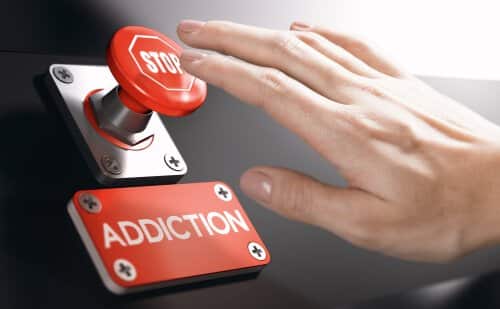How to Recognize Symptoms and Signs Related to Drug Abuse

No one is immune to the consequences of drug abuse, notwithstanding the reason for taking the drug in the first place.
Drug abuse is as a result of addiction to a drug, and with addiction, except the patients seek professional treatment, it will be difficult to stop taking the drug.
However, it has been noticed that a lot of drug abuse patients do not even realize that they have been addicted to a drug until they begin to show the symptoms.
It is advised that as soon as symptoms of drug abuse are noticed, the patient should get medical attention immediately in drug rehab treatment center. But as a non-professional, noticing these symptoms might prove to be very difficult.
The main symptoms associated with drug abuse are mostly physical and behavioral ones.
Physical Symptoms
The physical symptoms of drug or any substance abuse are associated with the effect of the drug from the inner body.
This means that when the drug starts taking effect on the user, there will be changes in the physiological appearance of the person.
Some of the physical symptoms associated with drug abuse include:
• Reddened bloodshot eyes
• Dilation and closing of the pupil
• Change in the size or weight of the person
• Insomnia, or sleeping for too many hours
However, it should be noted that various drug types have peculiar symptoms associated with using them, but the aforementioned are the most common in most drug abuse cases.
Behavioral Symptoms
Drug abuse also has a way of taking control of the user’s mind and brain in such a way that it affects the behavioral pattern of such a person.
The drug also takes control of the person’s thoughts. The following behavioral symptoms show that a person is having an issue with drug abuse:
● Increase in aggression and irritability. And a complete change in the attitude and personality of the person
● Extreme tiredness and drowsiness that arise for long sleeping period patterns
● Depressive state of the patient which can eventually lead to a psychiatric issue
● Lack of sociability with friends and family members
● The abrupt change of goals and priorities
● Getting involved in various criminal offenses
Most of these behavioral symptoms can only be noticed by people who know the patients prior to when they started taking drugs.
It is through this that they can be able to tell how the patient’s behavior has changed.
Once any of these symptoms are noticed, the next thing to do is pay close attention to the patient.
As soon as it is confirmed that the patient is suffering from drug abuse, make sure that you contact a rehabilitation center, to stop the situation from deteriorating further.
The rehabilitation center you are enrolling the patient in must be a reputable one, as they can help treat the patient quickly and effectively.
You can also search online for New Jersey drug treatment, or ask for referrals from friends and families who have been in a similar situation before. It is advised that the issue of drug abuse be handled carefully, as it can make people become mentally unstable.
Related Articles




